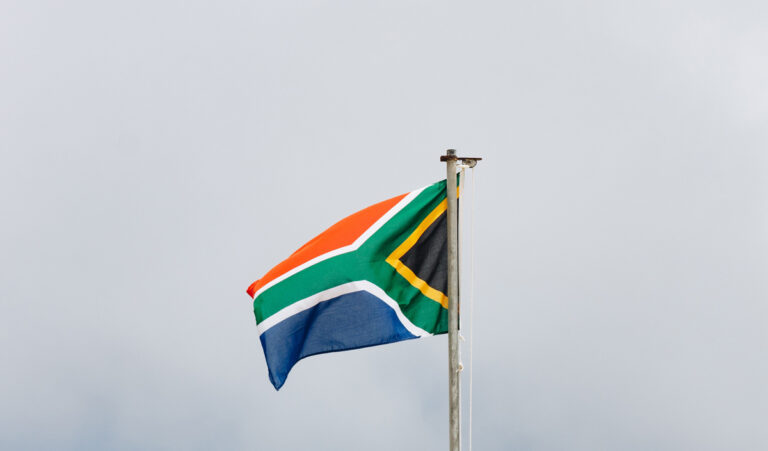No polyandry under patriarchy: South Africa’s new marriage proposal sparks fury

The South African government’s proposal to amend the Marriage Act that would legalise polyandry—where a woman has multiple husbands simultaneously—has sent the country’s conservatives into a rage. Polygamy—where a man can have multiple wives at the same time—is already legal and accepted in the country and you guessed it, conservatives don’t seem to have a problem with it.
The leader of the opposition African Christian Democratic Party (ACDP), Kenneth Meshoe, stated that if South Africa were to extend the same marriage rights to women, then it would “destroy society.” Meshoe claimed in an interview that polyandry could never work because “men are jealous and possessive.” Other notable figures seem to agree—they all seem to be men, shockingly. Musa Mseleku, a polygamist with four wives, told the BBC, “This will destroy African culture. What about the children of those people? How will they know their identity?” The TV personality continued, stating that “the woman cannot now take the role of the man. It’s unheard of.”
The government first released the proposal in its Green Paper from its Department of Home Affairs in May 2021; legalising polyandry is just one of the many changes listed in the document that aims to make marriage more inclusive. For example, other religious marriages—including Hinduism, Judaism, Muslim and Rastafarian—have previously not been seen as legal unions in South Africa. The Green Paper seeks to legally recognise them as well as “the marriages of transgender persons” in the Marriage Act (same-sex marriage was legalised in 2006), a move that has gained support from those respective communities.
The Green Paper seems to disagree with the notion that polyamory is not “a part of African culture” as it undergoes one of the biggest overhauls of legislation since 1994. Despite having one of the most liberal constitutions, the document suggests that marriage laws are still “combinations of legacy legislation [from] the colonial and apartheid-era” and don’t completely align with their current constitution. The paper states that “the envisaged marriage statute will enable South Africans and residents of all sexual orientations, religious and cultural persuasions to conclude legal marriages that will accord with the principles of equality, non-discrimination, human dignity and unity in diversity, as encapsulated in the Constitution.”
Professor Collis Machoko—a respected academic, told the BBC in its reporting that the numerous objections to polyamory are all “about control.” Machoko suggested that “African societies are not ready for true equality. We don’t know what to do with women we cannot control.” One of the new marriage amendments the paper suggested to solve this debate would be to have a gender-neutral regime that would mean “all marriages, whether monogamous or polygamous, could be concluded regardless of sex or sexual orientation of the person.”
This, quite plainly, highlights the ties that the patriarchy and anti-LGBTQ rhetoric has to colonisation—the remnants of which still live and breathe today. South Africa’s attempt to legalise polyamory (among many other changes) is not just a step towards women’s rights but also toward the goal of decolonisation.




